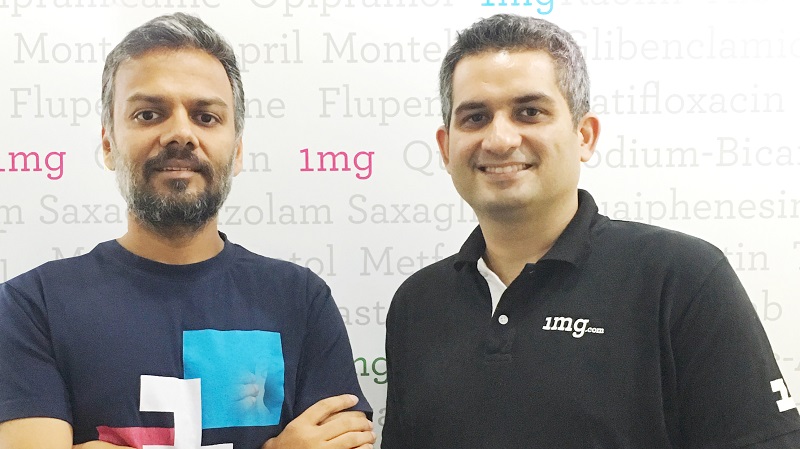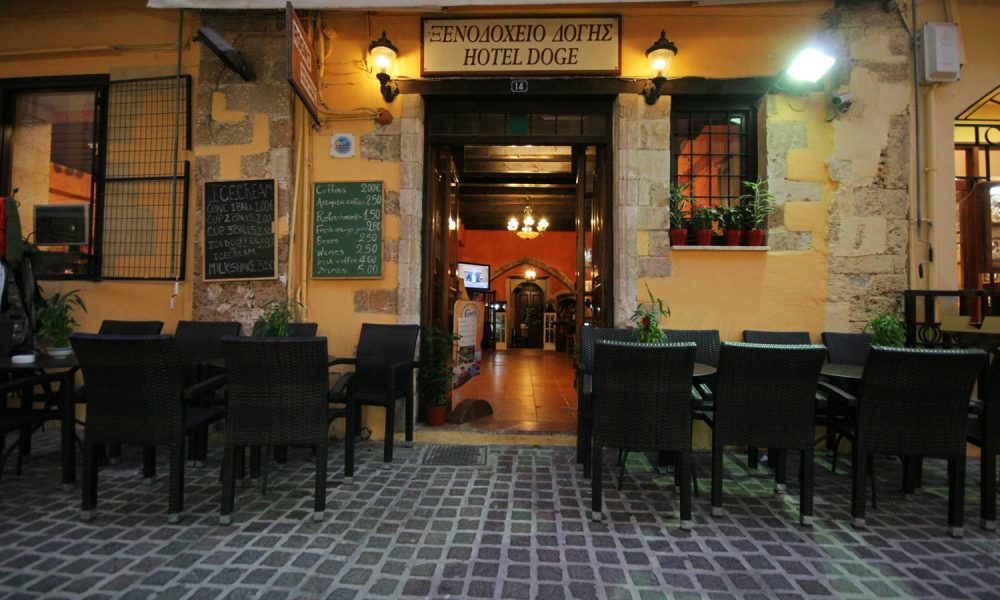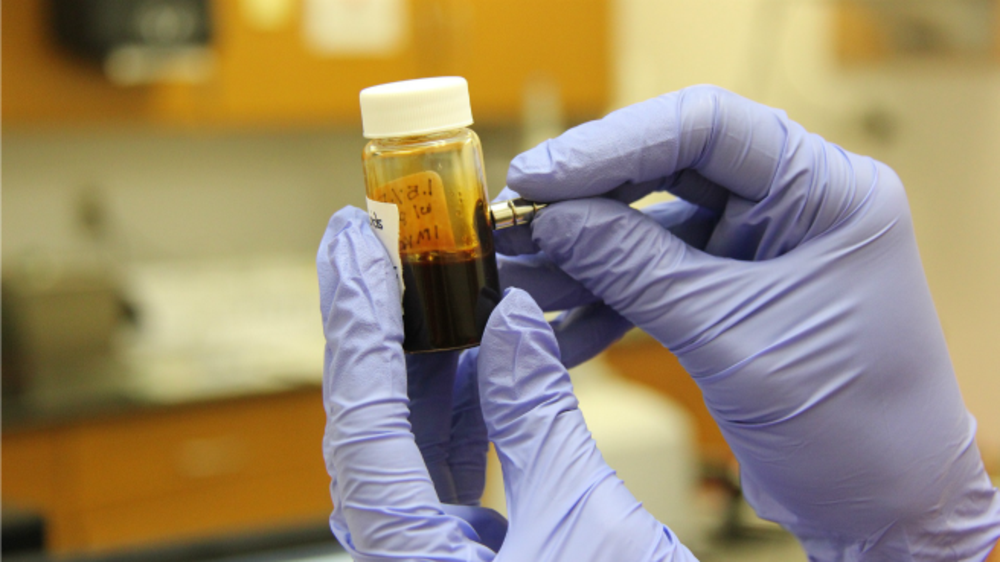Month: December 2016
Japan space entertainment startup ALE raises US$ 6 million from angel investors
Japanese space startup ALE is developing the technology to deliver on-demand man-made meteors, which could turn the night sky into a blank canvas.
The startup does this by launching a microsatellite packed with small pellets which will then release once it has reached the outer space to induce atmospheric re-entry.
This will result in meteors that are bright enough to be seen with the naked eye over the brightest city skies, potentially reaching audiences across a 200 km area in diameter on the ground.
The project is known as Sky Canvas and has attracted much attention as well as investment. As on Tuesday afternoon, the Tokyo-based space entertainment startup has raised up to JPY 700 million (about US$ 6 million) from angel investors.
Founded in 2011, it was a former investment banker with a Ph.D. in astrophysics from the University of Tokyo, Lena Okajima who garnered private funding and collaboration with academics from three academic institutions to establish ALE.
With these funds, the company will officially launch its shooting star technology – Sky Canvas Project in 2018.
“Imagine a future, where you can use our meteors for international fireworks displays, a proposal for marriage, or a special memorial,” said Shinsuke Abe, ALE’s Research Director and Nihon University Aerospace Engineering Professor.
Besides, ALE’s artificial meteors can also serve another purpose – to be used as a vehicle to observe the upper atmosphere, to collect data on atmospheric re-entry of objects, and to better understand the nature of natural meteoroids.
Led by Lena Okajima and four research directors from academic institutions across Japan, ALE has begun publishing papers and presenting its findings from the project at space symposiums.
“We are excited to showcase our artificial meteor project, the very first of many we plan on undertaking as a space entertainment company,” Okajima said. “As the first pioneers in the space entertainment field we aim to consistently further the frontiers of this industry while contributing to scientific research.”
ALE has also disclosed plans to provide its artificial meteors to corporations and governments for entertainment purposes, such as outdoor festivals, sports games, city promotions and theme parks.
But it is very likely that the grand showcase for this outer space entertainment could be the opening of the 2020 Tokyo Olympics, which ALE is rumored to have bid to take part in.
By Vivian Foo, Unicorn Media
Video Url: https://www.youtube.com/watch?v=vHvyz3h-rRo
Maverick capital-backed e-pharmacy 1mg buys MediAngels, making its second acquisition of the year
Online pharmacy 1mg Technologies Pvt. Ltd has acquired Mumbai-based MediAngels (Angels Health Pvt. Ltd), an online hospital for an undisclosed sum in cash and stocks to strengthen its position in India’s eHealth space.
At the start, 1mg operates an online marketplace for medicines, besides facilitating medical appointments and diagnostic test bookings. But with its acquisition of MediAngels, it has also forayed into specialty doctor consultations, corporate health services, and insurance partnerships.
“Our consumers can now access a deep network of over 450 specialists across India and the world, and we also get an entry into the corporate health space through this platform,” said 1mg’s co-founder Prashant Tandon in a statement on Wednesday.
“We now offer services to consumers as well as corporate customers which include ePharmacy, eDiagnostics, eConsultations and Super Speciality Second Opinions as well,” he adds.
1mg, earlier known as HealthkartPlus, was the generic drug search business of Healthkart, an online vendor of health products run by Bright Lifecare Pvt. Ltd. In April 2015, HeartkartPlus was rebranded and spun off into a separate entity now known as 1mg.
On the other hand, MediAngels.com was founded in 2011 by super-specialist doctors, Dr. Arbinder Singhal and Dr. Debraj Shome with the purpose of bringing topmost super-specialist doctors within everyone’s reach using technology.
Fast forward to today, the company has established itself as a platform for patients to seek online consultations for specialized medical cases in cardiology, cancer, neurosurgery, orthopedics, and pediatrics, among other areas, from its network of doctors covering 93 specialties.
Also a business-to-business (B2B) service, MediAngels was used extensively by insurers and corporates who enroll for second opinions and employee health benefits. Insurers, for instance, can use the platform to consult doctors and ask whether a given patient should undertake a surgery or not.
MediAngels, which consist a team of 12 people, will continue to build the doctor network and B2B health services for the corporate users in Mumbai led by Singhal, said Tandon. 1mg, with this acquisition, will see its employee strength being increased to 301.
Commenting on the acquisition, Dr. Arbinder Singal of MediAngels said, “The time is right for eHealth platforms to serve the basic need of every Indian to complete the cycle of healthcare for the consumer at a click.”
“Within 1mg ecosystem, we plan to scale up second opinions and drive B2B engagements with more insurers and corporates. Our robust technology tools will help them optimize employee benefits spends on healthcare and to have a healthier workforce,” he adds.
This makes the second acquisition for 1mg in 2016 as in July, the Sequoia-backed company has acquired Medd.in, a booking platform and marketplace for diagnostics and imaging tests for an undisclosed amount.
This acquisition came two months after 1mg has raised INR 100 crore (about US$ 15 million) in a Series B round led by Maverick Capital Ventures and existing investors Sequoia Capital and Omidyar Network.
According to the Prashant Tandon in a statement, 1mg at present has 30 to 40 pharmacies across 13 cities that fulfill medicine orders. In the next six to nine months, the company plans to expand it to 30 cities.
On top of that, the company also has ambitions to roll out subscription services for patients with chronic health issues such as diabetes, blood pressure, among others.
By Vivian Foo, Unicorn Media
Triip.me forms partnership with Booking.com to create unique local tour and hotel lodging experience
Singaporean impact travel company Triip.me and Booking.com have announced a strategic partnership to bring forth an integrated tour and lodging experience.
The collaboration is set to give traditional lodging access for the first time to truly indie and unique local experience offerings that will be slated in early 2017 at hotels around the world, the company announced on December 13.
“This is not just a simple API integration,” said Ho Viet Hai, the CEO of Triip. “Rather, our product team is executing on a vision to make travel and tour booking more seamless.”
Ho Viet Hai also noted the incidence of increasing Indie travellers shifting back to hotels from Airbnb and other platforms, while still demanding a unique local experience.
“We asked a very simple question: How to make traditional lodging more Indie? Our answer was to give travellers best-price guarantees on lodging while also staying true to Triip’s vision of providing authentic local experiences at the same time,” he adds.
The solution was the partnership formed between Triip.me and Booking.com which leveraged on the networks pairing Triip’s inventory of over 6000 local guides in 660 cities with Booking.com’s 1,073,647 properties in 227 countries.
Under this partnership, Triip’s new booking practice will also offer frequent travellers the lowest rate on hotel rooms, free international phone access through Flexiroam, as well as honoring travellers’ reward status achieved on other websites.
However, Mr.Ho emphasises that the venture was not a direct competitor to Airbnb or other similar marketplaces, saying that “We do not see ourselves as a direct competitor to platforms such as Airbnb. Instead, we see ourselves as an enhancement to traditional lodging.”
Targeting avid super travellers, Triip’s new booking experience will be especially useful to those who travel constantly both for businesses and lifestyle purposes.
“Now that we’re building the product, we’re seeking partnerships with any hotels around the world interested in having a more hands-on approach to the bookings we’ll be sending them, and also getting the word out to super travelers so we have sufficient early adopters to optimize the experience.” concluded Mr. Ho
Founded in 2013 by Ho Viet Hai and Lam Thi Thuy Ha, who had been in the tourism industry as a tour guide herself, Triip initially allowed Vietnamese people to curate their own tours to offer to travelers. The company is currently present in almost 100 countries.
Triip is backed by Gobi Partners and is, as a matter of fact, the Shanghai-based VC firm’s first investment in Vietnam. In February 2016, Gobi Partners has invested US$500,000 in seed funding to the travel platform which links travellers with knowledgeable locals.
By Vivian Foo, Unicorn Media
Singapore-based Rewardz secures US$2.1 million strategic investment from Japan’s Benefit One for expansion plan
Singapore-based human resource technology solutions provider, Rewardz Pte Ltd., today announced that it has secured a strategic investment from Tokyo-listed Benefit One Inc., a fringe benefit outsourcing service company established in March 1996 and claimed to have eight million members in Japan alone.
Following the deal, Benefit One has become the majority stakeholder in the startup, with an investment of S$3 million (about US$2.1 million).
Rewardz founders Sudhanshu Tewari, Nicole Seah, and Jaya Maru will maintain their shares within the company, together with Benefit One which had been appointed as a strategic investor as per December 1.
Rewardz has been digitising HR services in Singapore with products like EmPerks and Flabuless, which integrates traditional corporate benefits programmes with an online mobile application.
Tapping into gamification, the app allows staff to better visualise their benefits and track their health progress. The platform also allows employers to reward employees for their participation and progress.
The company stated that they are going to focus on monetising its current entities in Singapore, Malaysia, and Dubai in 2017. They also cited possibilities to expand into other Asian markets in the future.
“Although there are no immediate plans to enter the Japan market for Rewardz, we will be working towards integrating our technology into the Benefit One platform in Japan in the future,” Tewari explained.
But outside of Singapore, Rewardz is also available in Dubai, Hong Kong, Indonesia, Malaysia, and Australia. The company also claimed to have secured clients such as DBS, Manulife, Disney, NUHS, JTC, Fuji Xerox, DB Schenker, Intercontinental Hotel Group, Ascott Holdings, and Lendlease.
“One of the biggest challenges faced by any technology startup is funding the company until it scales up sufficiently to support itself. This long-term strategic partnership with Benefit One has solved this crucial problem for us and we will be fully focused on growth and to be scaling the business,” said Rewardz CEO, Sudhanshu Tewari.
By Vivian Foo, Unicorn Media
Three VC firms to launch US$375 million Biomedical Translation Fund
The Australian government under Turnbull has selected three VC management funds to administer its A$500 million (about US$375 million) Biomedical Translation Fund that is said to be Australia’s largest life sciences fund.
The three investment firms mandated to manage the government capital are – Brandon Capital Partners, OneVentures Management, and BioScience Managers – which have all been tasked to select and finance Australian start-ups in the health and medical research sector.
The capital fund is intended to boost life sciences sectors, specifically medical research projects in the advanced pre-clinal, Phase I and Phase II stages, according to a government statement.
The BTF was first pitched as part of the government’s National Innovation and Science Agenda which comprises A$250 million from the government with the remaining capital matched from the private sector.
Each manager was assigned to different portions of the fund but all three will screen investment proposals to the BTF and develop a broad portfolio of investment in Australian science and research.
Brandon Capital Partners has been appointed to manage a combined A$230 million fund, comprising A$115 million from the Commonwealth and A$115 million in private capital, which is contributed from Australian biotech giant CSL.
According to Brandon Capital, they will invest its $230 million through Australia’s largest life sciences fund, the new MRCF BTF fund which is occupied by a range of private investors including biotechnology firm CSL and superannuation funds AustralianSuper, Hesta, Statewide and HostPlus.
This would be the first time for the industry to have access to the sort of funds that it needed to supercharge it to the next stage. For as companies get into phase-two, instead of selling them, VCs now have the viable option and transformative capacity to support them into the next phase.
“On all measures, Australia has one of the world’s leading biomedical research industries, but unfortunately, too often, we see promising discoveries leave our shores early in development, with little value returned to the country,” the managing director of Brandon Capital, Dr. Chris Nave said.
“The size of the MRCF BTF provides the opportunity for these technologies in Australia to be developed to much later stages, and in some cases to even make it through to the market,” he adds.
Under his leadership, the MRCF BTF fund will invest in maturing technologies that have progressed to clinical studies. The VC is also expected to make its first investments in early 2017.
“The government has made a bold decision,” said Dr. Chris Nave. “Rather than spreading the money around and pleasing people, it has chosen to make sure it’s applied in a way that is going to grow the industry by choosing three funds.”
Meanwhile, OneVentures and BioScience Managers are to manage the combined Commonwealth and private capital commitments of A$170 million and A$100 million respectively.
On OneVentures Management side, the company said its fund would be open for business in January and would be looking to make initial investments in the first half of the year, investing $10m-$20m in each individual company.
The investment criteria for OneVentures’ fund is that a company’s innovation has reached clinical proof of concept, with phase-one or equivalent trial results; have a clear commercial, regulatory and reimbursement pathway; and clear value inflection and exit points on deal entry. It is looking for companies commercializing medical devices, drugs in clinical development or diagnostics.
On the other hand, Jeremy Curnock Cook, the managing director of BioScience Managers said, “What is required is not just more money but an investment approach that ensures that companies can access the right people and expertise to give their biomedical innovation the best chance to succeed in a highly competitive world market.”
“We really need to ensure that the next generation of companies like Cochlear, Resmed and CSL can grow and flourish from Australia and become international champions, and this investment capital will certainly go a long way to ensuring that,” he adds.
Mr. Curnock Cook also noted that it was important to remember that the money was not a handout, highlighting that the federal government was rightly expecting to achieve a good financial return on its investment on behalf of taxpayers.
By Vivian Foo, Unicorn Media





